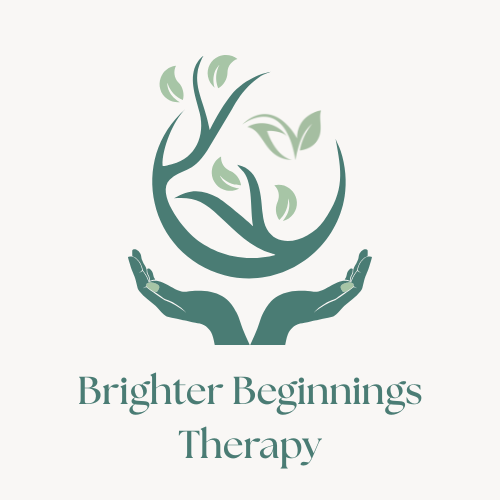One of the requirements for my Masters course in Integrative Counselling was to keep a reflective journal. And I hated it. Passionately.
I couldn’t think of anything more uncomfortable than writing down my inner thoughts about how I was thinking and feeling on paper. I felt vulnerable and exposed, and it felt awfully self-indulgent.
But, it was necessary for the personal and professional development (PPD) assignments, so I dutifully started writing. Nothing honest, nothing deep, just ramblings at first. One day (I don’t remember when exactly), it became clear that it actually helped. It helped me open up and be honest with myself for the first time, maybe ever. After being in an emotionally abusive relationship for five years before starting my studies, it was the first time I could look at the effect it had on my son and I, and more than that; it helped me understand those effects and learn to heal.
Fast forward and reflective journaling is still something that I do with relative frequency. I try to set aside Saturday mornings for journaling (and biscuits!). After walking the dog, I get myself a cuppa and a couple of chocolate digestives and sit down to write about anything that might be on my mind. Sometimes I have nothing to write about, and that’s okay. I take my cuppa and biscuits to the sofa and snuggle with the dog instead. Other times I have loads to write so I try to keep it to a double page to keep it concise.
I write about personal things only, nothing about my clients – that is covered in process notes and talked over with my supervisor. Confidentiality is everything as a counsellor.
Keeping up the journaling has helped me have an outlet for my feelings that I wouldn’t necessarily share with anyone else. It has become part of my self-care routine, as have biscuits!
Sometimes I recommend journaling to my clients if they are unable to articulate some emotions in their sessions; if they want to make connections with thoughts and feelings between sessions, then journaling can be a great way to foster that self-awareness and then bring that into our counselling sessions together the following week.
Here are my top tips for journaling for self-awareness:
- Get a nice notebook and a comfortable pen to write with. A nice notebook can make all the difference.
- Just start; write down anything that comes to mind. Something that has made you think, made you angry, or even made you happy, then write about WHY.
- Be honest. A reflective journal will only work if you are honest. If you are worried about others reading it, lock it away, or rip the page out and destroy it once you have finished.
- If you are unable to write, you can record voice notes on your phone or use a speech-to-text app on your computer or phone.
- Look back on previous journal entries to see how you have grown in your self-awareness.
Do you use journaling for your self-awareness or self-care? I’d love to hear about it. Pop over to my Facebook page or my Instagram page and let me know if you are part of the journaling club.
~ Lisa
